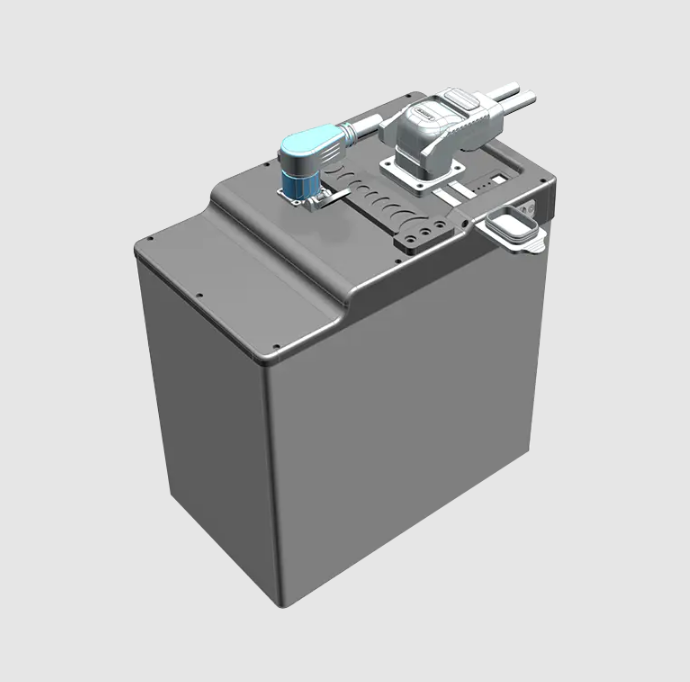Lithium-ion (Li-ion) batteries are commonly used in devices ranging from smartphones to electric cars, thanks to their efficiency and long-lasting power. These batteries are prized for their ability to provide high energy output while maintaining a lightweight profile, making them a popular choice for portable applications.
One of the main advantages of lithium-ion batteries is their high energy density, which allows them to store more energy in less space. This feature is particularly important for portable devices, where battery life is essential. Li-ion batteries also charge quickly and discharge steadily, providing consistent power for extended periods.
Lithium-ion batteries have a longer lifespan compared to other rechargeable battery types, such as nickel-cadmium (NiCd) or lead-acid batteries. Their cycle life—meaning the number of times they can be charged and discharged—typically spans several years, depending on usage and maintenance.
Another key benefit is their safety. Lithium-ion batteries are equipped with built-in safety mechanisms to prevent overcharging, overheating, and short circuits. These safety measures have helped make them the preferred choice for both consumer electronics and electric vehicles.
In conclusion, lithium-ion batteries offer an efficient and durable solution for a wide range of applications. Their high energy density, long cycle life, and safety features make them ideal for powering everything from portable devices to electric vehicles.

